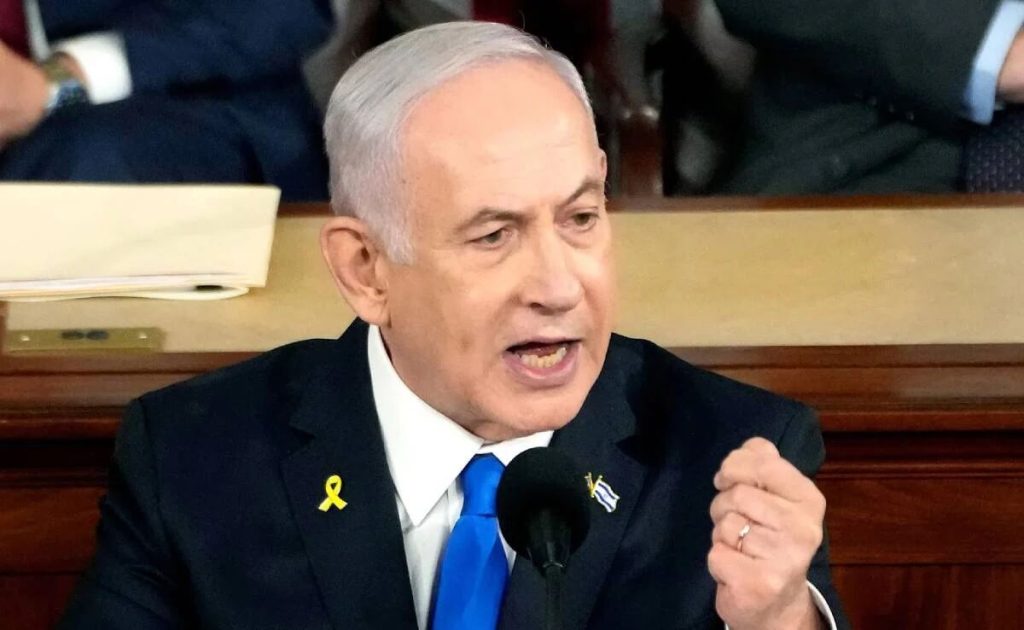Al Jazeera: Does the Gaza deal signal the possible dissolution of Netanyahu’s cabinet?
Following the Israeli regime’s suspension of the prisoner swap with Hamas, a process initiated under the direct pressure of US President Donald Trump, Israeli Prime Minister Benjamin Netanyahu is entering a politically sensitive period.
While this agreement has increased Hamas’s popularity among Zionists, it has also weakened Netanyahu’s right-wing coalition. Many within the coalition view the cessation of the war as a betrayal of Israel’s principle of deterrence.
Netanyahu’s absence from the Sharm el-Sheikh summit, attended by Trump and Palestinian Authority President Mahmoud Abbas, highlights the growing divisions between him and his cabinet allies. By attending the summit, Netanyahu would have implied acceptance of a Palestinian state in Gaza, a move that could potentially unravel his coalition from within. His decision not to attend the summit indicates the fragility of his cabinet under pressure from Washington.
The report indicates that while Trump seeks a comprehensive political solution in Gaza, including a transitional phase involving Arab countries, right-wing parties in Israel advocate for complete Israeli dominance of the region. These parties oppose the two-state solution and the establishment of a Palestinian state in Gaza.
Analysts believe Netanyahu faces a crucial choice: either yield to US pressure, risking his coalition, or prioritize his allies and jeopardize international support, which has helped prevent his isolation during the war.
Furthermore, Al Jazeera notes that the cessation of hostilities could be a precursor to the dissolution of Netanyahu’s cabinet or the calling of early elections. Netanyahu aims to leverage a temporary boost in his public image following the prisoner exchange agreement before any potential fallout becomes a new political liability.
There is speculation that Netanyahu may consider advancing Knesset elections to the spring of 2026 to capitalize on the relative calm following the end of the war and his improved standing among Zionists due to the prisoner exchange.
However, this approach carries significant risks. If Netanyahu’s coalition disintegrates before he can solidify his electoral advantage, he may face more formidable opposition from within the right-wing parties and the Likud party.
Finally, Al Jazeera suggests that if the coalition remains intact, Netanyahu will still need to address international pressure demanding political action in preparation for the post-war reality—a challenge that may prove as daunting as the conflict itself.

